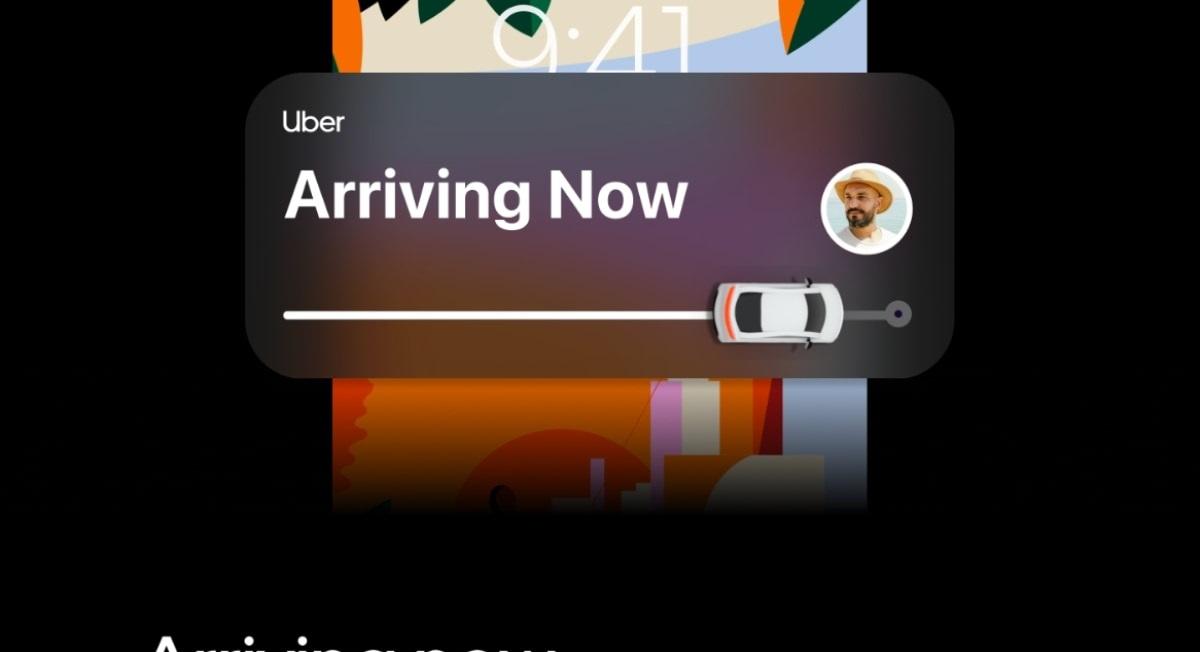Uber has agreed to pay A$271.8 million ($178 million) to settle a lawsuit brought by Australian taxi operators and drivers. They claimed to have lost income due to the ride-hailing company's entry into the country.
Reuters noted that the settlement, announced by Maurice Blackburn Lawyers, marks Australia's fifth-largest legal agreement.
Class Action Suit Filed
The class action suit, initiated in the Supreme Court of Victoria State in 2019, represents over 8,000 taxi and hire car owners and drivers. The lawsuit accuses Uber of violating laws that mandate taxis and hire cars to be licensed. Uber's arrival in 2012 disrupted the revenue streams of licensed taxi drivers and devalued the licenses they had invested in.
Uber's Response and Settlement
According to Yahoo, Uber has consistently denied any deliberate breaches of the law. Maurice Blackburn Principal Michael Donelly highlighted the company's strenuous defense throughout the legal process.
However, after years of contention, Uber has opted to settle the matter, according to Donelly. Uber mentioned its contributions to state-level taxi compensation schemes since 2018 and stated that the proposed settlement closes this chapter.
Former Lawmaker's Perspective
Former lawmaker and taxi driver Rod Barton, part of the class action, believes the settlement validates Uber's disregard for the country's taxi licensing regulations. Barton emphasized Uber's conscious avoidance of the licensing rules to gain a competitive edge over the taxi industry. He underscored the significance of the lawsuit in holding Uber accountable for its actions.
Impact of Legislative Changes
In 2015, legislative amendments allowed Uber to operate without taxi licenses, prompting state governments to establish compensation schemes for taxi drivers and license owners. This shift in regulations played a pivotal role in shaping the competitive landscape between traditional taxi services and app-based ride-hailing companies.
The settlement has elicited mixed reactions from various stakeholders. Members of the public and users of ride-sharing services have expressed concerns about potential increases in fares as a result of the settlement. On the other hand, taxi and rental car owners see the settlement as a bittersweet victory. It provides some level of compensation for their losses but does not fully address the long-term impact on their livelihoods.
Industry analysts believe this case sets a significant precedent for how disruptive technologies are integrated into traditional industries, highlighting the need for regulations that protect existing businesses while encouraging innovation.
Photo: Uber Newsroom



 US Judge Rejects $2.36B Penalty Bid Against Google in Privacy Data Case
US Judge Rejects $2.36B Penalty Bid Against Google in Privacy Data Case  Missouri Judge Dismisses Lawsuit Challenging Starbucks’ Diversity and Inclusion Policies
Missouri Judge Dismisses Lawsuit Challenging Starbucks’ Diversity and Inclusion Policies  California Sues Trump Administration Over Federal Authority on Sable Offshore Pipelines
California Sues Trump Administration Over Federal Authority on Sable Offshore Pipelines  Trump Lawsuit Against JPMorgan Signals Rising Tensions Between Wall Street and the White House
Trump Lawsuit Against JPMorgan Signals Rising Tensions Between Wall Street and the White House  Newly Released DOJ Epstein Files Expose High-Profile Connections Across Politics and Business
Newly Released DOJ Epstein Files Expose High-Profile Connections Across Politics and Business  Kroger Set to Name Former Walmart Executive Greg Foran as Next CEO
Kroger Set to Name Former Walmart Executive Greg Foran as Next CEO  Uber Ordered to Pay $8.5 Million in Bellwether Sexual Assault Lawsuit
Uber Ordered to Pay $8.5 Million in Bellwether Sexual Assault Lawsuit  Court Allows Expert Testimony Linking Johnson & Johnson Talc Products to Ovarian Cancer
Court Allows Expert Testimony Linking Johnson & Johnson Talc Products to Ovarian Cancer  Google Halts UK YouTube TV Measurement Service After Legal Action
Google Halts UK YouTube TV Measurement Service After Legal Action  U.S. Lawmakers to Review Unredacted Jeffrey Epstein DOJ Files Starting Monday
U.S. Lawmakers to Review Unredacted Jeffrey Epstein DOJ Files Starting Monday  Nvidia CEO Jensen Huang Says AI Investment Boom Is Just Beginning as NVDA Shares Surge
Nvidia CEO Jensen Huang Says AI Investment Boom Is Just Beginning as NVDA Shares Surge  OpenAI Expands Enterprise AI Strategy With Major Hiring Push Ahead of New Business Offering
OpenAI Expands Enterprise AI Strategy With Major Hiring Push Ahead of New Business Offering  DBS Expects Slight Dip in 2026 Net Profit After Q4 Earnings Miss on Lower Interest Margins
DBS Expects Slight Dip in 2026 Net Profit After Q4 Earnings Miss on Lower Interest Margins  SpaceX Prioritizes Moon Mission Before Mars as Starship Development Accelerates
SpaceX Prioritizes Moon Mission Before Mars as Starship Development Accelerates  SoftBank Shares Slide After Arm Earnings Miss Fuels Tech Stock Sell-Off
SoftBank Shares Slide After Arm Earnings Miss Fuels Tech Stock Sell-Off  Federal Judge Rules Trump Administration Unlawfully Halted EV Charger Funding
Federal Judge Rules Trump Administration Unlawfully Halted EV Charger Funding  Jerome Powell Attends Supreme Court Hearing on Trump Effort to Fire Fed Governor, Calling It Historic
Jerome Powell Attends Supreme Court Hearing on Trump Effort to Fire Fed Governor, Calling It Historic 































